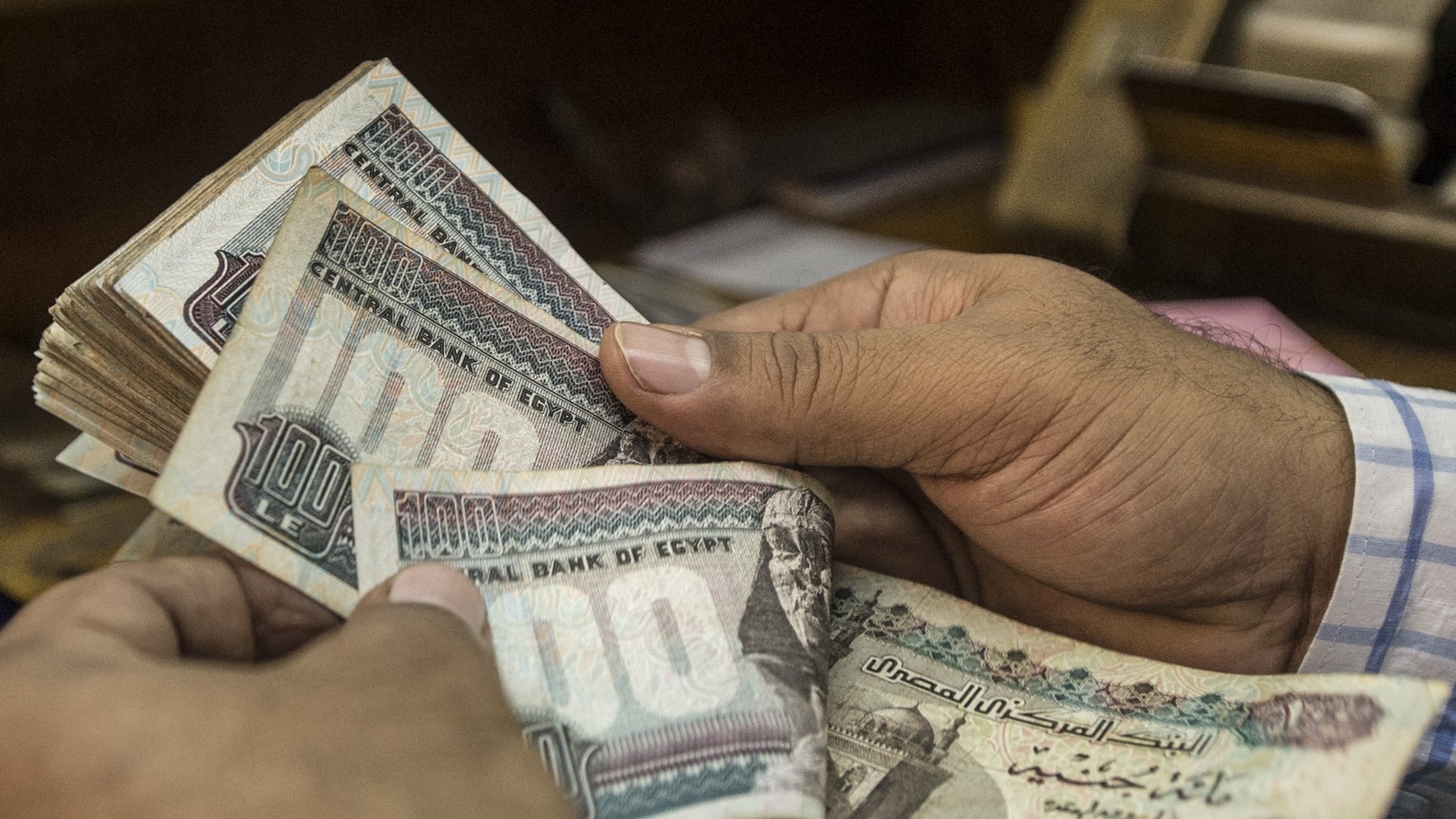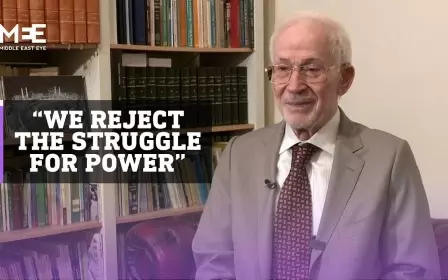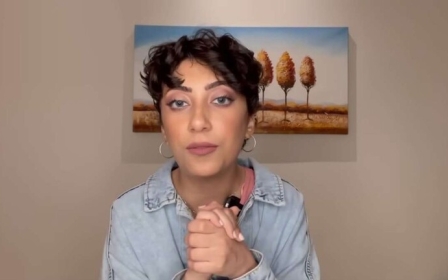Egypt currency hits near-record low, at 19 pounds to the dollar

Egypt’s currency has plummeted to a near-record low, with the central bank buying $1 for over 19 Egyptian pounds.
The exchange rate to the dollar reached 19.01 pounds on Monday, a 22 percent drop since March - the sharpest fall in Egypt's currency since December 2016. That decline came a month after a dramatic 48 percent devaluation, following Egypt's decision to float its currency for the first time in decades.
In March, the pound was trading at 15.6 to the dollar. The central bank then raised interest rates for the first time since 2017, allowing Egypt's currency to fall sharply in an attempt to secure dwindling foreign exchange reserves. Foreign currency receipts dropped more than $7bn in April and May, standing at $33.4bn in June, after investors exited what had previously been a favourable market.
Russia-Ukraine war hits Egypt
Egypt has been one of the countries in the Middle East and North Africa hardest hit by the Russia-Ukraine war. It is the world’s largest importer of wheat, with almost 80 percent of its supply coming from Russia and Ukraine last year.
New MEE newsletter: Jerusalem Dispatch
Sign up to get the latest insights and analysis on Israel-Palestine, alongside Turkey Unpacked and other MEE newsletters
The tourism sector - which employs 9.5 percent of Egypt’s workforce - is also reliant on Russia and Ukraine, which sent a third of all the tourists who visited the country in recent years.
Cairo is seeking to secure another loan from the International Monetary Fund, after receiving $20bn worth of loans since 2016.
In May, MEE reported that Egyptians were stockpiling US dollars and buying gold, in order to diversify their investments following the hike in interest rates and the fall in the pound.
Middle East Eye delivers independent and unrivalled coverage and analysis of the Middle East, North Africa and beyond. To learn more about republishing this content and the associated fees, please fill out this form. More about MEE can be found here.




